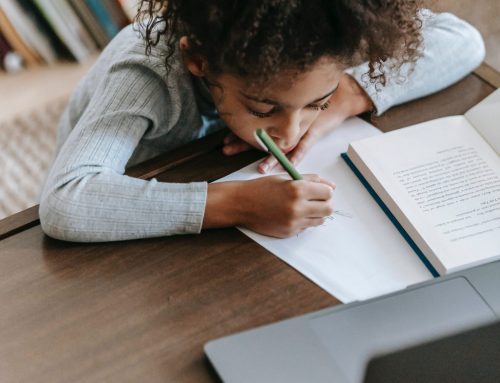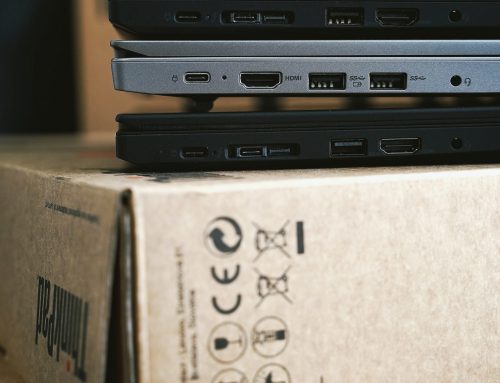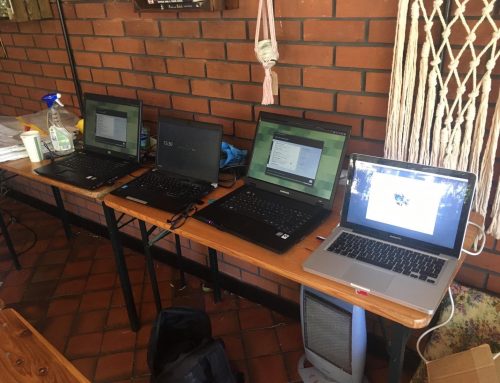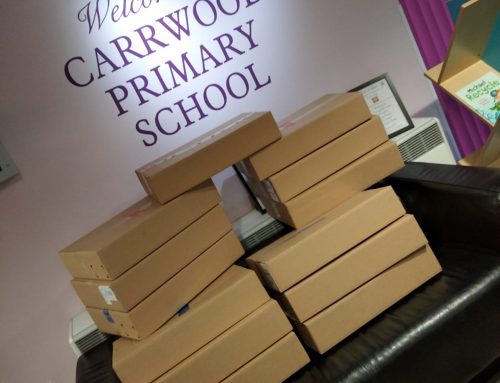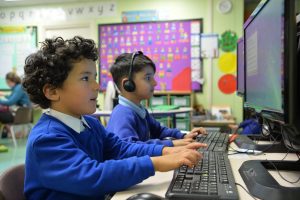 As reported in our recent post before October Half Term, the Department for Education guidance mandated that every child should have immediate access to remote learning from home if they need to isolate. Just 24 hours later, headteachers got the news that their allocation of laptops had been slashed.
As reported in our recent post before October Half Term, the Department for Education guidance mandated that every child should have immediate access to remote learning from home if they need to isolate. Just 24 hours later, headteachers got the news that their allocation of laptops had been slashed.
The ramifications of this are huge, and as children returned to schools and bubbles burst schools are finding themselves in extremely challenging situations supporting children and families with their learning whilst at home. Phil Robertson, Headteacher of Kirkstall Valley Primary School has been in touch to give us his unique perspective on the technological challenges faced.
Phil said:
“As a school, we were already aware of many of the inequalities faced by some of our families but the first national lockdown in March 2020 brought some of these into sharp focus. Some, such as food poverty, were well-documented nationally and I am heartened to see high-profile campaigns which seek to address this to a degree.
What became very quickly evident to us as a school was the huge variation in the ability of our children to learn at home. We took a decision prior to the initial lockdown to upskill ourselves on remote learning, using primarily Google Classrooms as a method for doing so. We had a bank of 25 laptops and a similar number of Ipads which we leant out to families as lockdown began. This went some way to addressing immediate needs, but it was obvious that for some families, this simply wasn’t enough.
To use a laptop to access work, you need other conditions too: reliable and unlimited Wifi, a router, enough electricity, the skills to use the device, the language to navigate the lessons (teaching children with EAL is something we do well, but we were now also supporting entire families who were new to English), a suitable environment to work in and someone at home who can support, motivate, cajole and reward. The digital divide is more than just having or not having a device. Multiply this by several children sharing an unsuitable space with a single (or no) device and it is obvious how learning will be compromised.
We have learned a lot as a teaching team about how to be flexible with our remote offer and how to support with the loaning of devices and we are trying to educate ourselves about the other issues, both physical and environmental and how to mitigate all the barriers. We are now spending so much money on all the things we need to have in place to keep our school safe and open, but we simply do not have the funds to stretch to a class set of new laptops, a number of routers and WiFI access too.”
How can we help schools and their communities to continue with supporting children’s learning? Here’s how, donate to Digital Access West Yorkshire. If you are a teacher help us build a picture of the exact need you have and for us to gain a deeper understanding of the need in neighbourhoods across the city, take part in our survey if you haven’t already.

